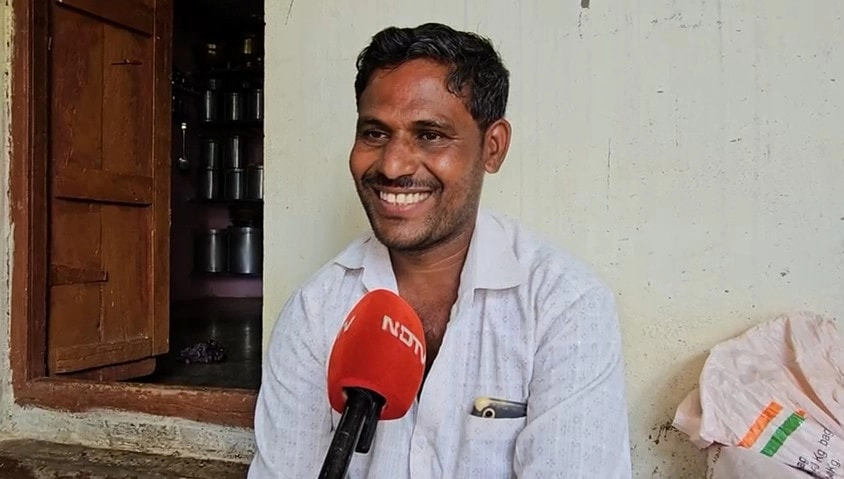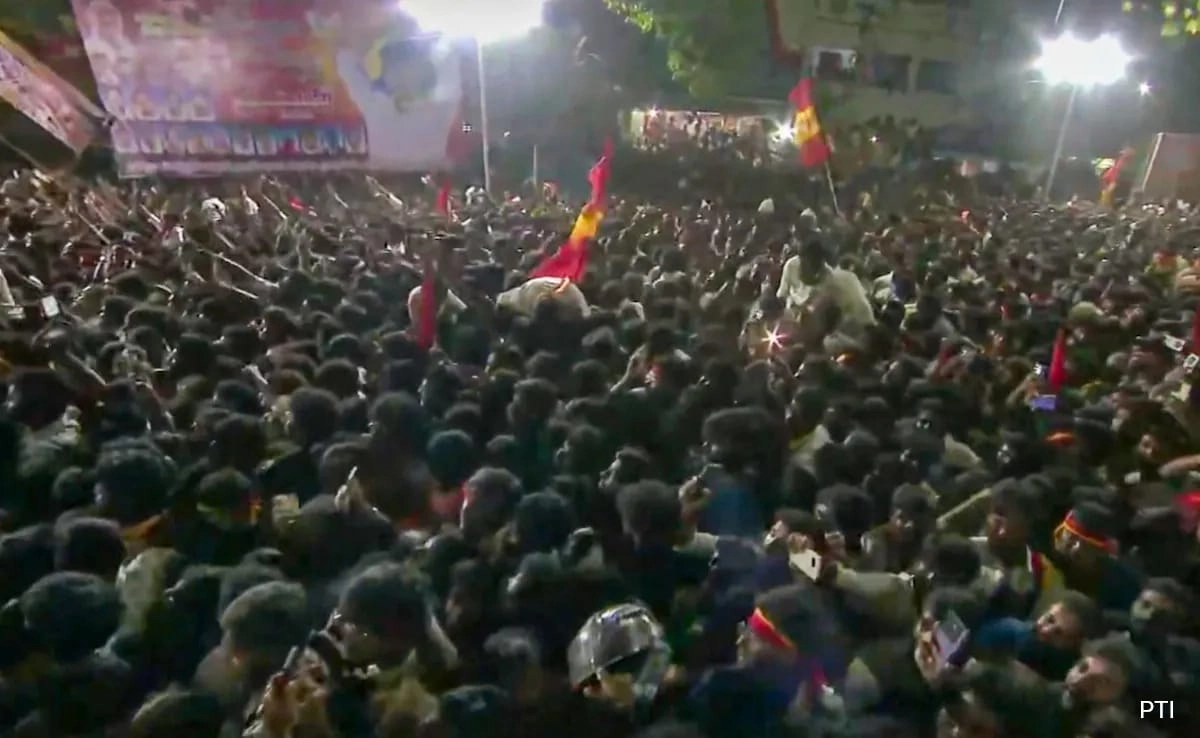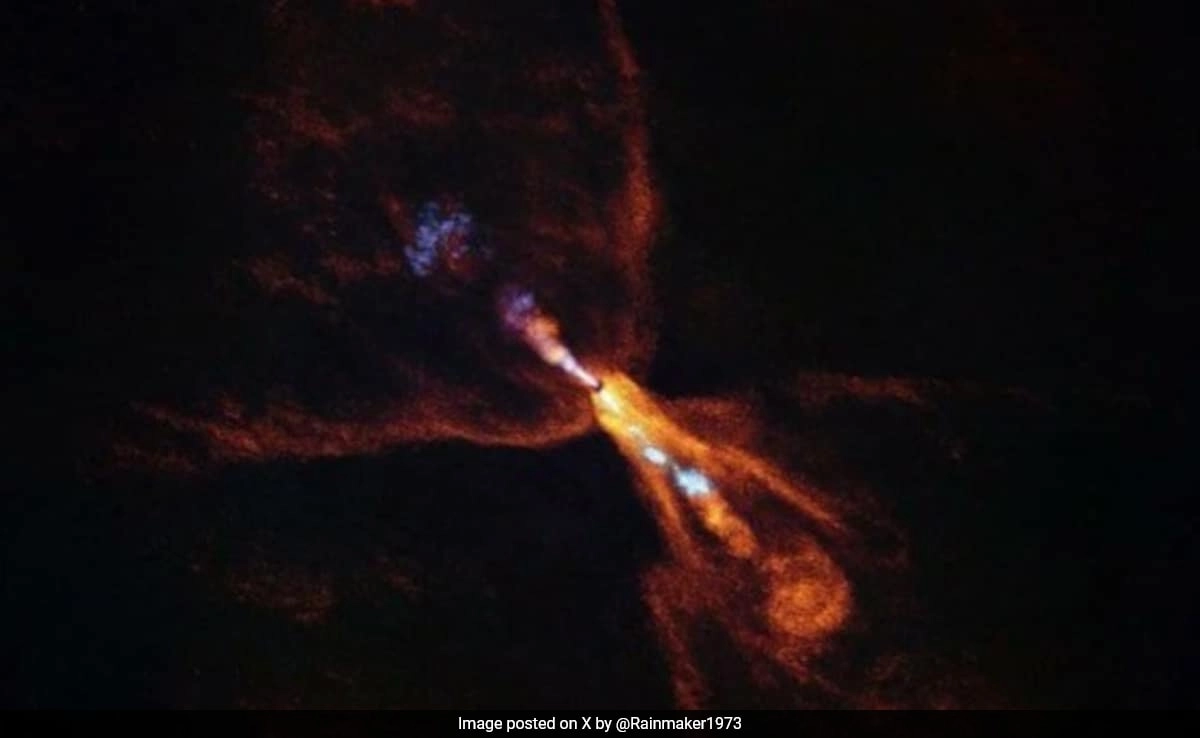Since January, the Enforcement Directorate (ED), a key investigative agency in India, has faced significant scrutiny regarding its handling of corruption cases. Notably, the agency has reported a mere 0.1% conviction rate in the cases it has filed during this period. This alarming statistic raises questions about the effectiveness and efficiency of the agency’s operations, as well as the broader implications for India’s fight against corruption.
The low conviction rate suggests that despite the agency’s efforts to bring about accountability and justice, many of the cases initiated may lack sufficient evidence or may not hold up in court. Critics argue that this not only undermines the credibility of the ED but also reflects a systemic issue within the legal framework that governs corruption cases in India. The ED has been tasked with enforcing economic laws and combating financial crimes, yet the dismal rate of convictions calls into question the agency’s strategies and methodologies in prosecuting these cases.
Moreover, the situation is compounded by the challenges faced by investigative agencies in navigating a complex legal landscape. Issues such as political interference, inadequate resources, and procedural delays can hinder the ability of the ED to build strong cases. As a result, this low conviction rate may lead to a sense of impunity among those involved in corrupt practices, thereby perpetuating a cycle of corruption within various sectors of society.
Moving forward, it is imperative for the ED to reassess its approach to investigating and prosecuting corruption cases. This could involve enhancing collaboration with other law enforcement agencies, investing in training and resources, and focusing on building robust cases that stand up to judicial scrutiny. Additionally, there is a pressing need for reforms within the legal system to ensure that corruption cases are processed more efficiently and effectively. Only through these measures can the ED hope to improve its conviction rate and restore public faith in the fight against corruption in India.




